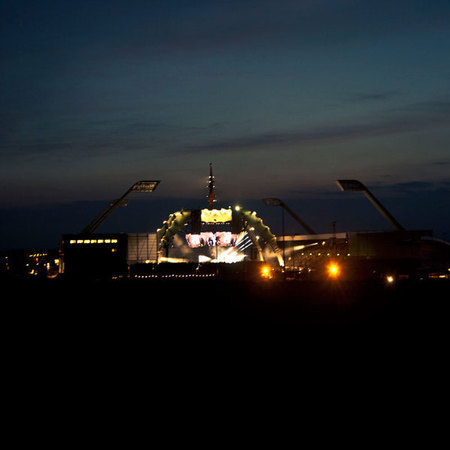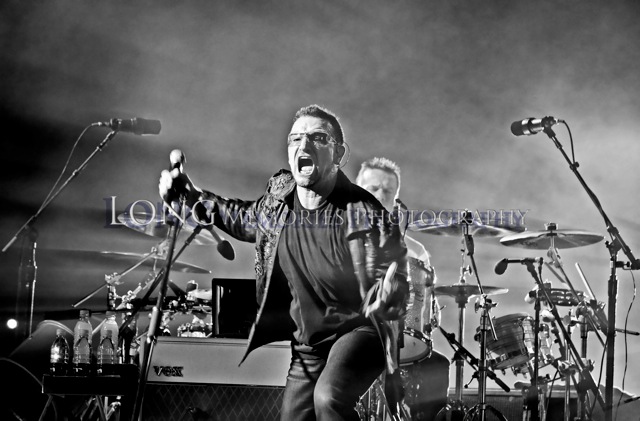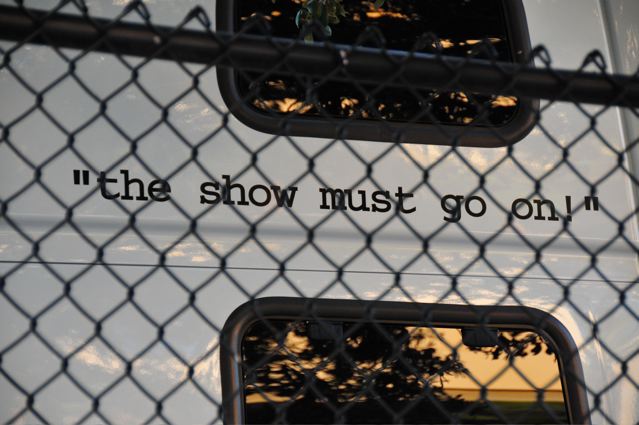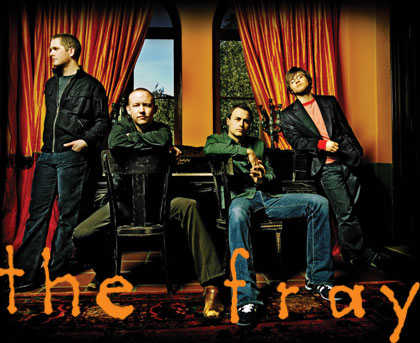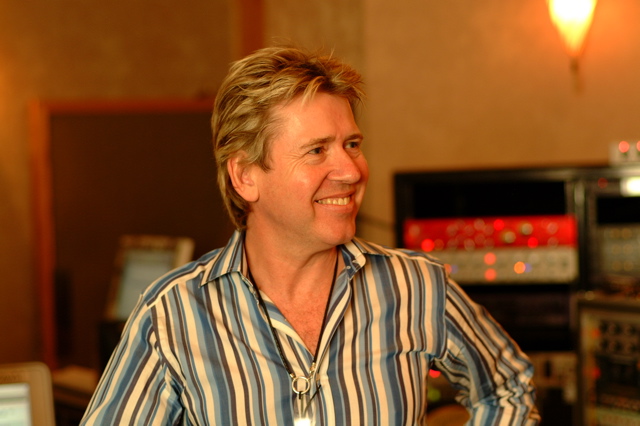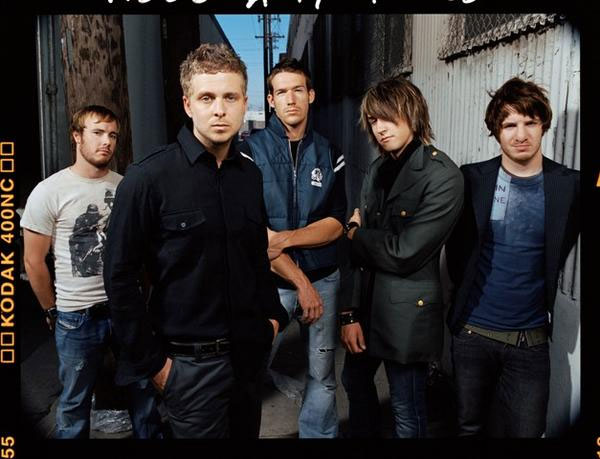Many rock pundits are more than happy to write about their successes in life, but few would be prepared to espouse their failures so enthusiastically. And even fewer would be lucky enough to find their efforts the subject of a best-selling book and the basis for a major new feature film.
When self-confessed rock star failure Neil McCormick put pen to paper for his 2003 memoir Killing Bono, little did he realise how his tales of living in the U2 frontman’s shadow would click with fans of the Irish supergroup.
As a former schoolmate of Bono — real name Paul Hewson — McCormick was perhaps better poised to recount the trials and tribulations of the singer than many rock writers.
The pair grew up in a Dublin with a burgeoning late-70s punk scene, but while Bono went on to attain rock god status, McCormick found his efforts in bands such as Frankie Corpse and the Undertakers, and Yeah! Yeah! were to come to naught.
“One reason that Bono made it is he was lucky,” says the chirpy and not-at-all-embittered-sounding Neil.
“There are three things you need to have a good chance of making it. One is an abundance of talent, and Bono certainly has that. He was a charismatic character in school and he’s always been a hero to me.
“The next is luck, in meeting the right people, in being in the right band. The public chooses who it wants, you don’t impose yourself on them, so you’ve got to be in the right place at the right time.
“And there’s persistence — you stick with it until that combination of talent and luck pays off. I don’t know where I went wrong; maybe it was the talent, certainly I didn’t have the luck and 13 years demonstrates I had some persistence, so maybe if I had stuck it out for 14 years the world would finally have recognised my genius!”
Bono’s legendary sense of drive and purpose — so evident in his campaigning work and his musical performances — was also a crucial factor, Neil says.
“It comes from not a very good place,” he adds.
“His mother died when he was 13 and it’s amazing how many of our greatest stars have that kind of maternal or paternal loss in their background; it’s quite shocking. For him, music was a way of filling himself up, and for me maybe it was just something I was doing.”
The title of the book itself may be stark in its message (and one might think the subject of a restraining order) but for Neil it was more about laying old ghosts to rest than hitting out at his more successful childhood friend.
“Bono came up with that title!” he laughs.
“It was called I Was Bono’s Doppelganger, but when the book came out in the US they were perplexed by the word ‘doppelganger’. I had to come up with a new title. That was something Bono had suggested to me quite early on. I called him when I was writing the book. He read it and said “You should call it Killing Bono, like slaying your dragons”. He used to ring me up and leave messages on my phone saying “Neil, it’s Bono, you have to kill me”.
“I was worried that someone might take me seriously, though!”
The singer’s well-intentioned campaigns to save the world, including his very visible appearances in Northern Ireland in support of the peace process, have often made him an easy target for the sneering of others.
Yet Neil contends that the motivation of the man who wrote I Still Haven’t Found What I’m Looking For is absolutely genuine and only exacerbated by his big personality.
“He’s not down-to-earth, he’s got a big head, and he’s got a big heart and he’s a big guy who is doing an amazing thing out there,” he says. “I find it quite sickening that people give him stick.
There’s no rock star or celebrity in the world who gives more of himself to help other people, and he has made a profound difference.
“Millions of people are alive in the Third World because of the intervention of him and others who give a hell of a lot of time. We can argue about whether that’s irritating or not, but nobody cares about ‘irritating’ when they’re dying of hunger.”
Neil will be visiting Belfast this week for the first of the annual Northern Bank/Ulster Museum Lectures. Having seen the music industry both from within and without as a rock journalist, Neil’s subject matter for his forthcoming lecture — Is There Too Much Music? — also promises plenty of insight into the industry.
“It’s something I think about a lot,” he says. “Because from being a musician in a series of obscure and failed bands to somehow ending up in that musician’s curse of becoming a rock critic instead, I have basically spent my entire life immersed in the world of music and have seen many changes over the decades.
“I was standing in Austin, Texas at a street intersection during the South By Southwest Festival, and there were gigs going on everywhere — in barber shops and on rooftops, thousands of bands playing in this city. I could hear the rumble of heavy metal from one side and country and western from another and hip-hop from another, all merging into this big mush.
“I thought that is a metaphor for the world we live in now, where there has never been more music available to hear.
“It made me wonder if there is in fact too much music. Humans evolved in a time of musical scarcity. If you wanted to hear music you had to make it yourself. Now you can’t escape music and every 14-year-old will have heard more different types of music than his grandfather will ever have in his entire life.”
The increasing prevalence of manufactured pop shows like the X Factor is also detrimental to appreciation of quality music, Neil says. “I do believe that everybody has music in them, but that doesn’t mean that everybody has a right to be famous,” he says.
“That is what the karaoke culture of Simon Cowell and co have exploited, that idea not that we’re all musical, that we’re all super-talented when we’re not.
“So I don’t really like the X Factor, because I find it exploitative. It feeds into the worst of human obsessions with music and not the best.
“It’s all ego really. The best part of music is when the ego gets put away and releases the music.”
With music such a big part of his life, he wonders now if he has become trapped in what he calls “the obsession of my adolescence”, something which was no doubt given a surreal edge by meeting his ‘younger self’ during the filming of Killing Bono in Belfast just last month.
“I had to shoot a scene where I got a cameo as a rather sad old Irishman in an illegal strip club watching my younger self play on stage,” he recalls.
“The director had stationed a stripper right in front of me, so my screen moments will be me looking at some young girl’s ass while my younger self plays in the background.
“I had a Spock-meets-Spock moment, a Star Trek paradox where I thought, ‘could I go up to my younger self, take him in hand and give him some advice and spare him the pain’?
“It’s complicated because this isn’t a novel, it’s my life.
“When they make a biopic it’s because the subject has done something great, like Gandhi or Nelson Mandela. But nobody knows who I am, or cares, so this is a story about a loser in rock ’n’ roll.
“On one hand I have the great victory of achieving the kind of fame I wanted when I was a kid, but on the other I am achieving it in the guise of a comedy loser played by an actor, so I’m not even going to be myself any more.
“Now I’m about to be subsumed in the shadow of a more handsome actor!”
Said actor is English pin-up Ben Barnes, star of Prince Caspian and Dorian Gray, and for whom Neil is fulsome in his praise.
“However, Neil found himself particularly moved by the portrayal of Bono by rising young west Belfast actor Martin McCann.
“He was amazing, he’s going to be a revelation to people,” says Neil. “I was never as good looking as Ben Barnes, but I would see Martin out of the corner of my eye and think “There’s Bono!”
“He’ll be walking towards you and he does something, a little jut of the chin and a movement of the shoulder and he just turns into Bono.
“It was very strange to see, and I had to stop myself from talking to him as if he was Bono. But he didn’t stay in character.
“When the cameras weren’t rolling he’d approach you like a good Northern Irishman.
“I said to Bono that the actor was doing a spookily good job and he said to me — “Just as long as he’s tall!’.”
Neil McCormick — ‘Is There Too Much Music’, Ulster Museum, this Wednesday 7.30pm. Some tickets still available
Read more:
http://www.belfasttelegraph.co.uk/entertainment/music/news/the-man-who-wants-to-kill-bono-14711158.html#ixzz0hy4Z1pT8 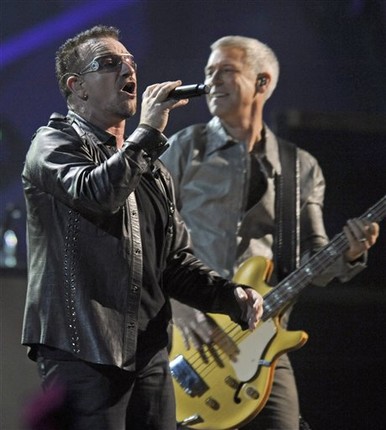 Bono and Adam / U2 360 Tour 2009By: Marylinn Maione
Bono and Adam / U2 360 Tour 2009By: Marylinn Maione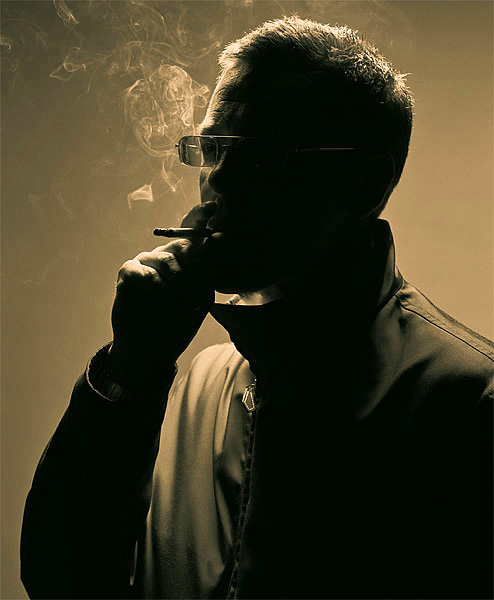
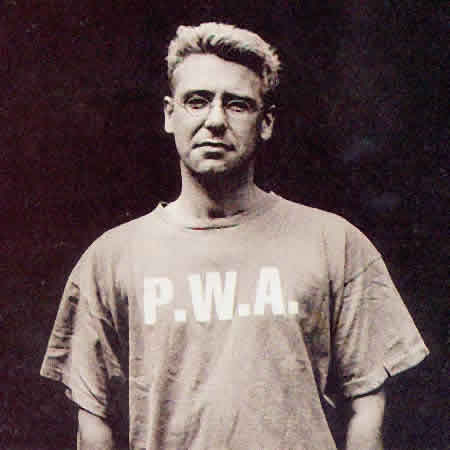
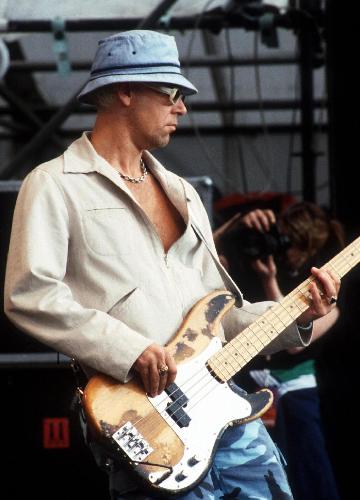
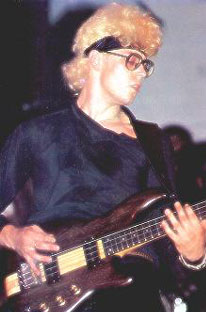

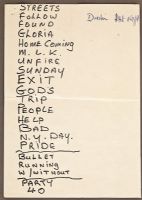
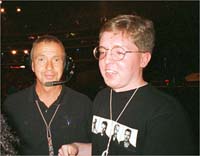
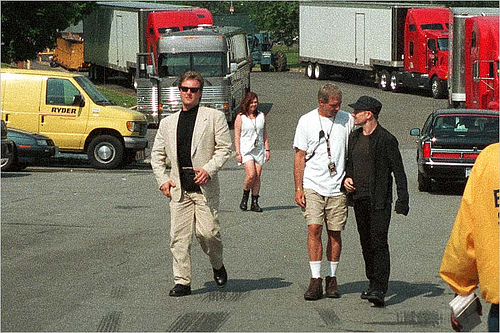



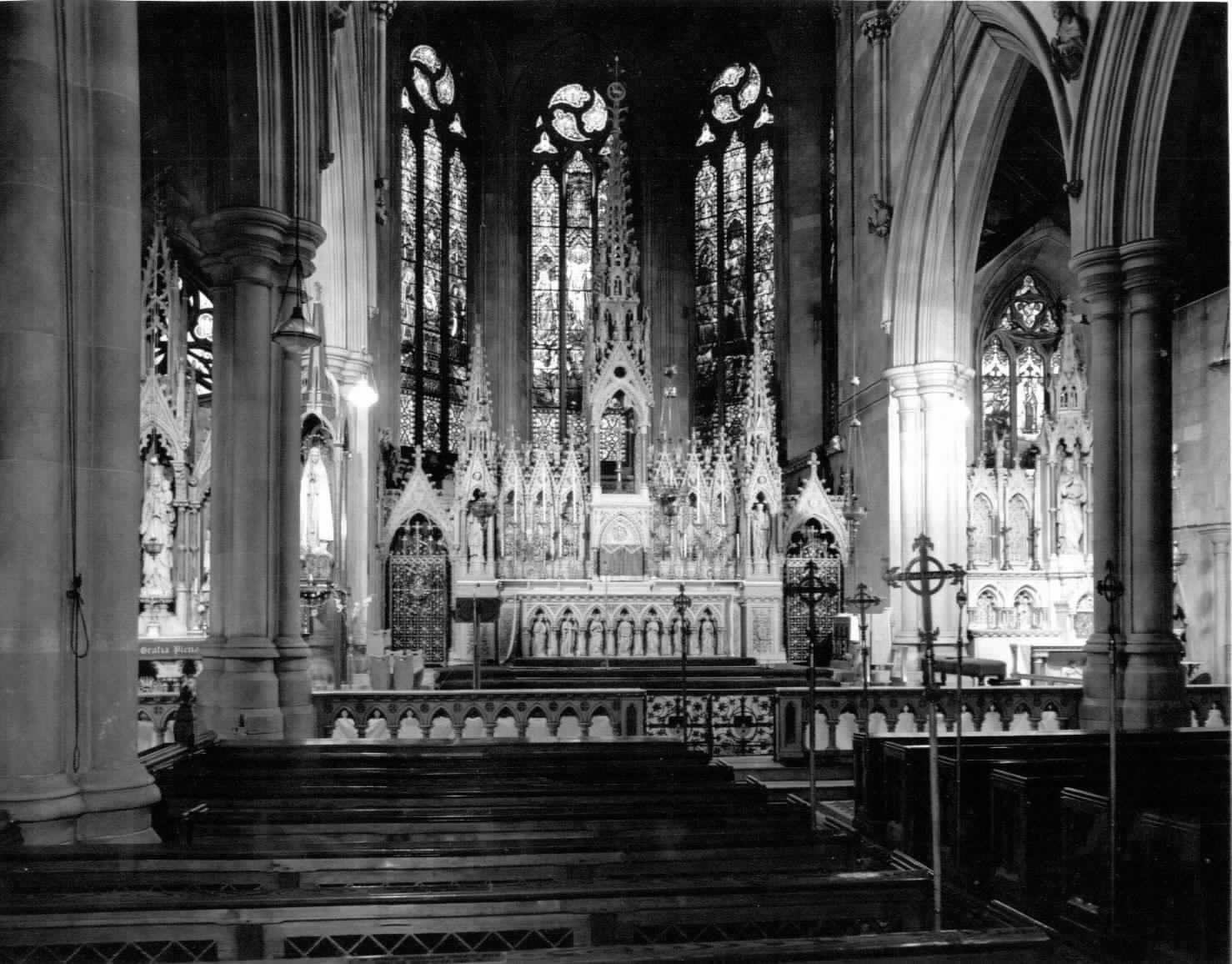
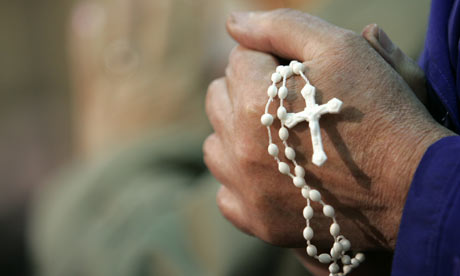
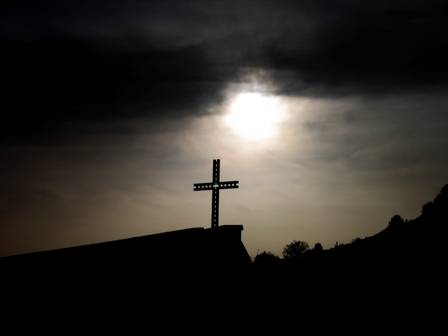
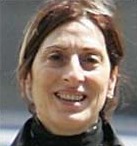
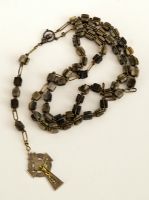 Lola Cashman/BonoRosary beads
Lola Cashman/BonoRosary beads